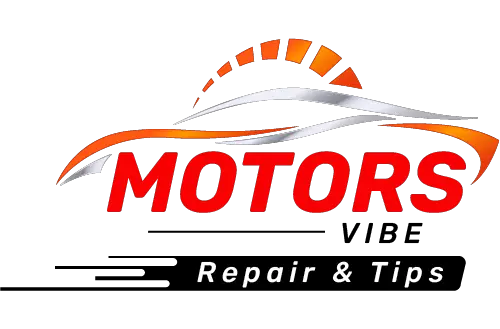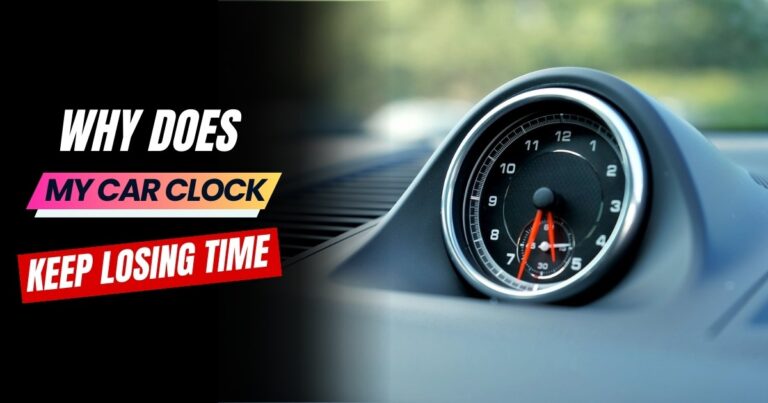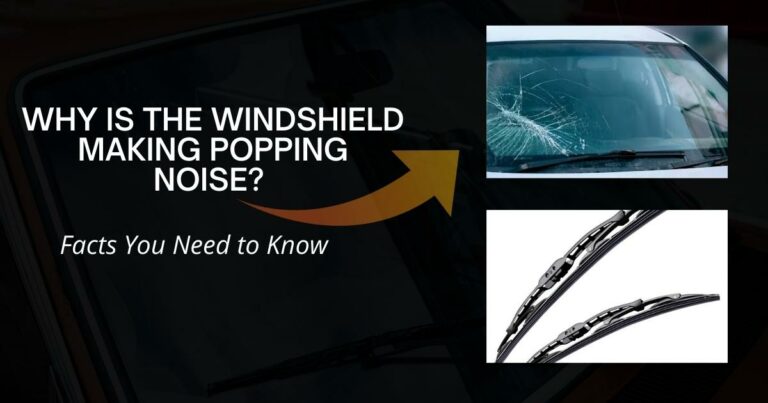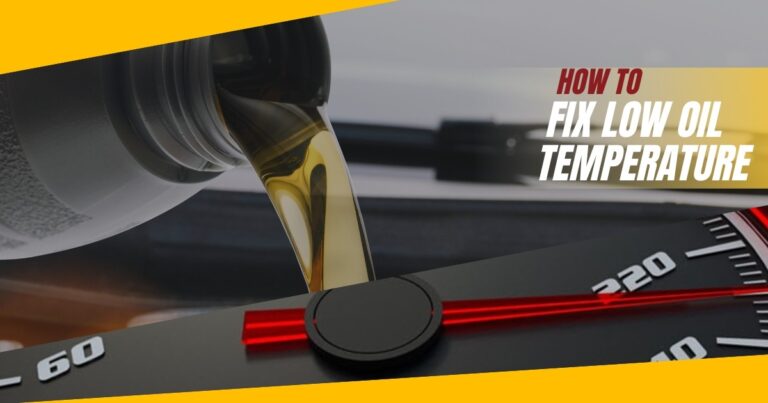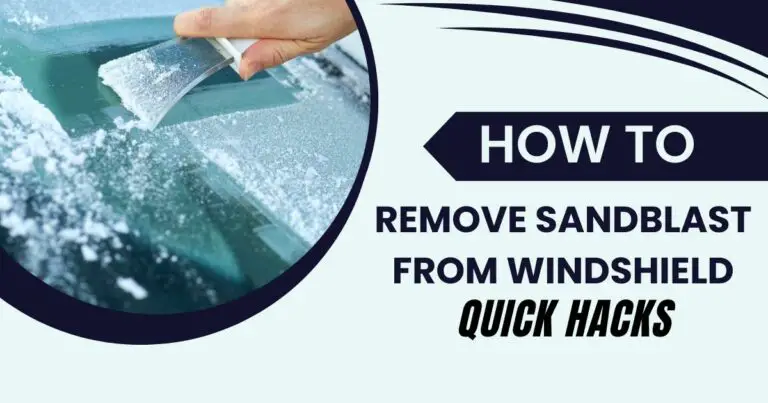Why Does My Car Squeak When it Rains? Facts for Every Driver
Every car owner has, at some point, experienced the car making unusual squeaky sounds when it rains. The rhythmic sound of rain hitting the car roof is often satisfying, but it’s sometimes paired with an annoying squeak that can be bothersome for drivers and passengers.
Car owners often express curiosity and concern when their vehicles unexpectedly make these squeaky noises when it’s raining. Ideally, understanding the reasons behind these squeaks is key to keeping your vehicle in top-notch condition and ensuring your safety on the road.
Relationship Between Rain and Squeaks
Rainwater and moisture, in general, acts as a conductor of sound by allowing vibrations and friction-generated noises to travel more efficiently. As such, squeaks that might be less pronounced in dry conditions can become more noticeable when water is present. Furthermore, increased moisture content leads to rust formation, which affects the smooth movement of parts, leading to squeals.
Besides, different weather conditions can play a significant role in exacerbating squeaking issues. For instance, heavy rainfall can saturate various components, which increases the likelihood of squeaking. Additionally, freezing rain poses challenges as it leads to the formation of ice on components. This can impact their movement and create additional friction, which manifests as distinctive squeaks.
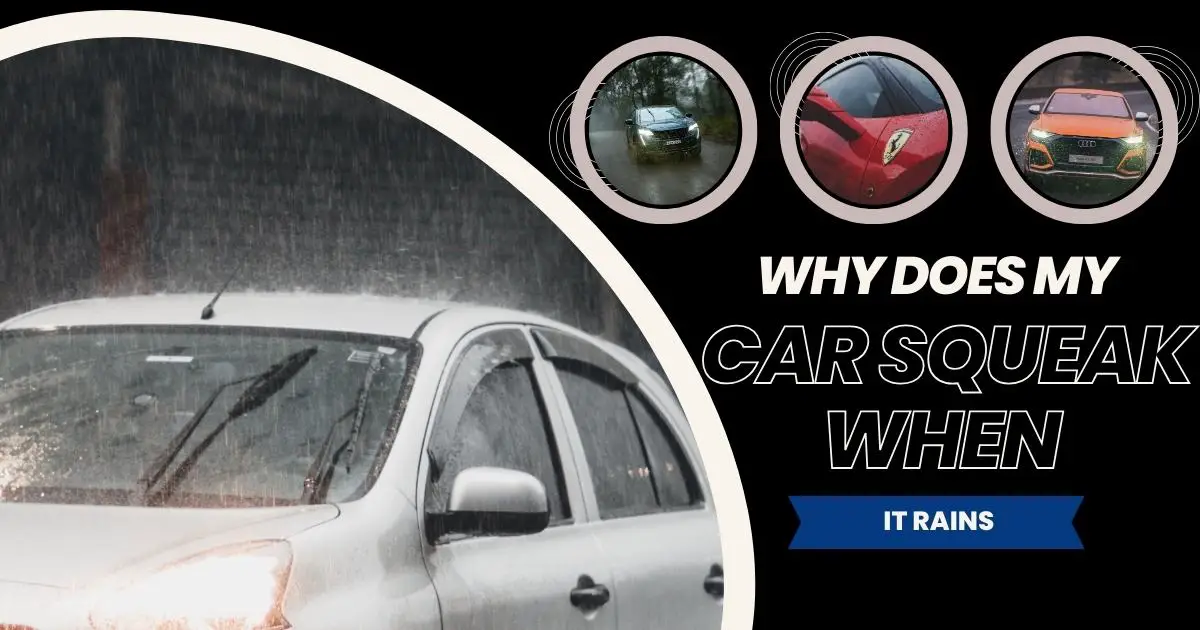
Common Causes of Squeaks When it Rains
Since our vehicles can’t communicate through words, they employ various signals to send messages. If you’ve ever found yourself in a heavy downpour, pondering the question, “Why does my car squeak when it rains, or why is my heater in my car squealing?” there is no doubt that your vehicle is subtly trying to communicate something crucial. Here are some common causes of car squeaks when it rains;
Slippery Serpentine Belt
When it is raining, the serpentine belt is bound to slip due to moisture, similar to tires on a wet road. So, what causes belt squeal? Ideally, the introduction of moisture can compromise the friction between the belt and its pulleys, resulting in a temporary high-pitched squealing noise.
The temporary nature of this noise is notable, as it tends to diminish as the engine runs and gradually warms up. As the temperature increases, the moisture on the belt evaporates, improving the grip between the belt and pulleys. Consequently, the initial squealing may resolve on its own.
However, persistent squealing may be an indication that the belt has sustained wear or damage, probably due to repeated slipping. In such cases, you may want to go for belt replacement or tightening to restore optimal functionality and ensure the vehicle operates quietly.
Dampened Bushings and Suspension Components
The impact of rain extends beyond the exterior of the vehicle, and one particularly vulnerable area is the suspension system. When rainwater gets into the suspension system, it makes the bushings absorb water and undergo changes in their properties.
As the bushings absorb moisture, it alters their elasticity, compromising their ability to provide effective cushioning and dampening of vibrations. This sets the stage for increased friction between different components within the suspension system, which manifests as audible squeaks, especially when the vehicle is in motion.
Corrosion on Metal Components
The undercarriage of a vehicle is often exposed to the elements, and when rain enters the equation, it becomes a threat to metal components. The susceptibility of metal joints and pivot points underneath the car to corrosion becomes particularly pronounced.
Rainwater acts as a catalyst that accelerates the oxidation process and fosters the formation of rust on the exposed metal surfaces. The rough and uneven texture of rusted surfaces contributes to increased friction between joints and pivot points. The heightened friction, in turn, becomes a key contributor to persistent squealing sounds when the vehicle is moving.
Wet Bearings and Hubs
The wet conditions brought about by rain pose a unique challenge to bearings and hubs found in the vehicle’s wheel assembly. The introduction of moisture compromises the lubrication that these components rely on for seamless movement. As a consequence, the friction between the bearings and hubs increases, leading to the generation of squeaking sounds as the wheels rotate.
Insufficient Lubrication in Joints and Pivot Points
Depending on the intensity of the rain, it can wash away lubricants from joints and pivot points, leaving components prone to increased friction and squealing. Once the lubricants are displaced, it leads to a direct metal-to-metal contact between moving parts.
The consequence of insufficient lubrication is a noticeable increase in friction within joints and pivot points. This friction can manifest audibly as squealing sounds during vehicle operation. These squeaks are often a symptom of the stress placed on the components as they move without the necessary protective layer of lubrication.
Age and Wear Factors
The age and accumulated wear and tear of a car can significantly contribute to squeaks, especially when raining. As a vehicle ages, its principal components are bound to experience natural deterioration. Exposure to rain can exacerbate these effects, causing aging components to lose elasticity, corrode, or develop increased friction. This can, in turn, lead to audible squeaks when driving.
How to Troubleshooting and Prevent Car Squeaking When it Rains
- Inspect the drive belts, including the serpentine belt, for signs of wear or damage. Consider applying a belt dressing to reduce friction and minimize squeaking, especially in wet conditions. Ideally, checking and maintaining drive belts regularly ensures optimal performance.
- Regularly lubricate moving parts of the car, such as door hinges, latches, and suspension components. You can use a silicone-based lubricant for these areas, as it is less likely to attract dirt and provides long-lasting lubrication.
- Consistently clean and inspect weather stripping to guarantee an efficient seal against rain. This helps prevent water infiltration while ensuring that it provides a barrier against other harsh elements. A well-maintained weather stripping not only enhances the vehicle’s resistance to the elements but also contributes to a more comfortable and dry interior during wet weather conditions.
- Regularly inspect the undercarriage to ensure that splash guards and components are securely in place. This helps prevent rainwater from entering sensitive areas under the car, which reduces the risk of corrosion and other potential damage.
- If possible, park your car in a garage to protect it from exposure to rain.
- As we mentioned, rust can contribute to squeaks. Regularly inspect your car for signs of rust, especially in areas prone to corrosion. This helps maintain the structural integrity of your vehicle and reduces the likelihood of squeaks, thereby ensuring a smoother and quieter driving experience.
- Check wheel bearings for play and signs of wear. Properly functioning wheel bearings are essential for a quiet and smooth ride. If you suspect an issue, consider going for further inspection.
While you can address many squeaks with DIY efforts, there are scenarios where the noises may indicate more serious issues that require professional attention. Here are some situations in which car owners should consider seeking professional help;
Persistent Squeaks
If squeaks persist even after attempting DIY solutions, it’s crucial to consult with a professional mechanic. Prolonged squeaking may be a sign of underlying issues that require expert diagnosis and repair.
Unidentified Squeaks
If you’re unable to pinpoint the source of the squeaks or if the noise is coming from critical components like the engine or transmission, consider seeking professional help.
Brake System Noise
Squeaks from the brake system can be an indication of worn brake pads, damaged rotors, and other brake-related issues. Brake problems can compromise safety, so it’s crucial to have a mechanic inspect and address any brake noise as soon as possible.
Wheel Bearing Issues
If you suspect problems with wheel bearings due to persistent noise, it’s important to seek professional assistance. Wheel bearings are critical for the proper functioning of the wheels and can lead to safety issues if left unaddressed.
Suspension or Steering Concerns
Squeaks originating from the suspension or steering components may be a sign of more significant problems. These systems play a crucial role in vehicle control and stability, and any issues should be addressed as soon as possible to ensure safety on the road.
Complex Electrical or Mechanical Issues
If the squeaks are accompanied by other unusual sounds, warning lights on the dashboard, or performance issues, it could be a sign of complex electrical or mechanical issues. Luckily, diagnostic tools can help to identify and address these problems accurately.
Fluid Leaks
If you notice fluid leaks along with squeaks, especially under the vehicle, it could indicate a leak in the brake system, power steering system, or other critical components. In such situations, you may want to seek professional help to identify and repair the source of the leaks.
Conclusion
Car squeaking during or after rain is often common due to factors like age, maintenance history, and environmental conditions. However, the frequency of these noises can vary based on the condition of your vehicle and rain intensity. If you find that your car is consistently experiencing loud or persistent squeaks during or after rain, it is often a sign of an underlying issue that needs attention. Luckily, regular maintenance and care can help reduce the likelihood of the squeaks.
